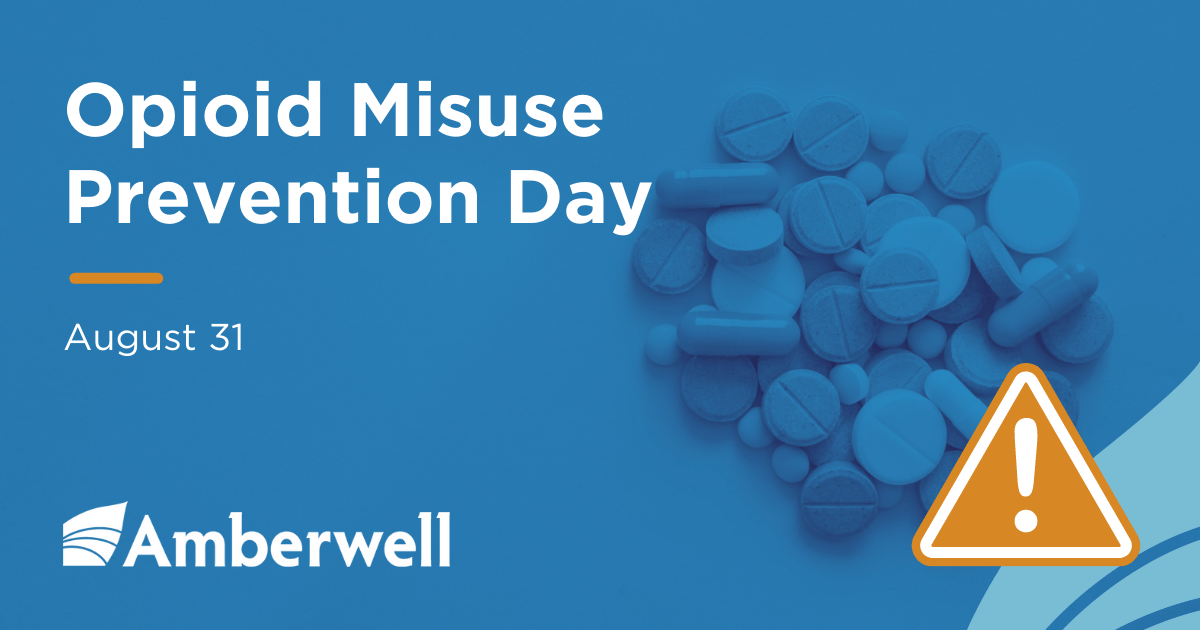Over 100 Americans die every day from an opioid overdose, and millions more are addicted to opioids.
Problems with opioids often start at home with unused prescription medications. While using opioids as directed by your healthcare provider is safe and helpful to relieve pain, unused opioids—such as hydrocodone, morphine, and oxycodone—are dangerous to have around the house once you no longer need them.
Half of the people who misuse opioids reported getting them from a friend or family member first, by either stealing the opioids or having the opioids given to them to alleviate their own pain. The misuse of opioids often leads to a powerful addiction. Additionally, unused prescription opioids can be harmful, and even fatal, to children and pets that ingest them accidentally after finding them in drawers or medicine cabinets.
Remove the Risk of Unused Opioids
You can remove the risk of your unused opioids and help address the devastating opioid crisis affecting so many American families by doing the following:
- Store prescription opioids in a secure location, out of reach of children, family, friends, and visitors.
- Do not share or sell your prescription opioids.
- Safely dispose of your leftover and expired medication.
Disposing of Unused and Expired Medication
If you have unused prescription opioids at the end of your treatment, the best way to dispose of them is to find a drug take-back program in your community. If a drug take-back program is not available, you may flush medication on the FDA flush list down the toilet or drain or throw medication not found on the FDA flush list in the trash, according to the guidelines from the Food and Drug Administration. Properly disposing of unused or expired medication as soon as possible helps keep everyone in your home safe from accidentally or intentionally ingesting, misusing, or abusing potentially harmful substances.
Click here to learn more about medication disposal options in your community.

